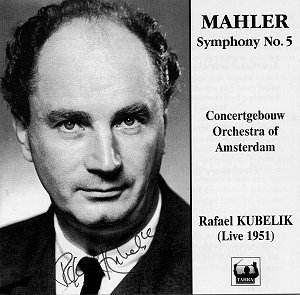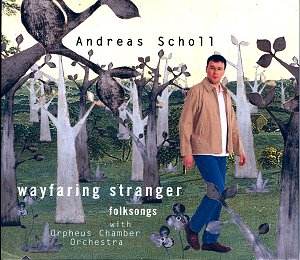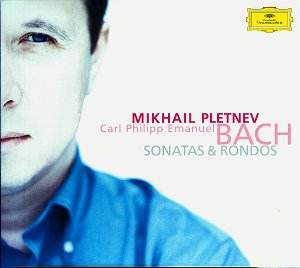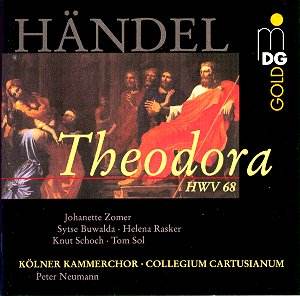 Composer: Edna Michell
Composer: Edna Michell
Works: Compassion – A Tribute to Yehudi Menuhin (including works by John Taverner, Shulamit Ran, Chen Yi, Hans Werner Henze, Yinam Leef, Poul Ruders, Somei Satoh, Wolfgang Rihm, Iannis Xenakis, Lukas Foss, Karel Husa, Betty Olivero, György Kurtág, Philip Glass, Steve Reich)
Performers: Edna Michell (violin), Igor Ardaev (violin), Nachum Erlich (violin), Ulf Hoelscher (violin), Bohuslav Matouek (violin), Shlomo Mintz (violin), Allen Ginsburg (narrator), Michal Kanka (cello), Ludmilla Peterková (clarinet), Susan Narucki (soprano), Patricia Rozario (soprano), Czech Philharmonic Chamber Orchestra, Lukas Foss (conductor), Karlsruhe Ensemble, Andreas Weiss (conductor)
Recording: Rudolfinum, Dvorak Hall, Prague; American Academy of Arts and Letters, New York City; Hochschule für Musik, Karlsruhe, Germany (1999-2001)
Label: EMI
Edna Michell’s “Compassion,” a tribute to the immortal Yehudi Menuhin, assembles a remarkable anthology of works composed in the spirit of universal empathy. Inspired by a conversation with Menuhin himself in the early 1990s, Michell sought contributions from a variety of composers to create a musical tapestry that reflects the pressing need for solace and understanding in turbulent times. This initiative, framed by the profound humanism that Menuhin embodied, culminates in a collection that is not merely a tribute but also a testament to the power of music as a vehicle for compassion.
The performances, led by Michell’s virtuosic violin playing, are characterized by a deep sensitivity and technical prowess. Each work, while distinct in style—from the meditative stillness of Shulamit Ran’s “Yearning” to the rhythmic complexity of Steve Reich’s “Duet”—is imbued with a sense of introspective clarity. Michell navigates the various textures with a nuanced approach, particularly in the works of Henze and Kurtág, where her articulation and dynamic control evoke a profound emotional resonance. The ensemble of highly regarded violinists, including the likes of Shlomo Mintz and Ulf Hoelscher, adds layers of richness to the performance, allowing for an intricate interplay that enhances the thematic unity of the album.
Recording quality plays a pivotal role in the listening experience of “Compassion.” The engineering captures the warmth and immediacy of the performances, particularly in the spacious acoustics of Dvorak Hall, which complements the reflective nature of the pieces. The balance between the solo violin and the orchestral texture is expertly managed, allowing Michell’s voice to shine without overshadowing the contributions of the other instruments. However, the inclusion of Allen Ginsburg’s narration in “Wales Visitation” does not achieve the desired synergy with Philip Glass’s accompanying music, a disjunction that momentarily detracts from the overall cohesion of the work.
Several compositions within this compilation stand out for their emotional depth and innovative structures. Chen Yi’s “Romance of Hsiao and Chin” and Betty Olivero’s “Achòt Ketana” are particularly notable, showcasing the unique voices of female composers who bring fresh perspectives to the theme of compassion. Their works resonate with a lyrical beauty that aligns seamlessly with Michell’s interpretive choices, making these pieces some of the most memorable in the collection. Conversely, Glass’s contribution, while undeniably polished, feels somewhat formulaic in comparison to the more adventurous offerings from his contemporaries.
A thorough engagement with the entirety of “Compassion” reveals a thoughtfully curated homage to Menuhin that transcends mere nostalgia. The meticulous arrangement of varied styles fosters an ambient experience that invites listeners into a contemplative space, where each piece contributes to a larger dialogue about human connection and empathy. Michell’s command over the violin, combined with the distinguished contributions of her collaborators, ensures that this recording stands as a significant achievement in contemporary classical music, rich in both technical accomplishment and emotional depth. The project not only honors a great musician but also serves as a vital reminder of music’s capacity to heal and unite in times of strife.



